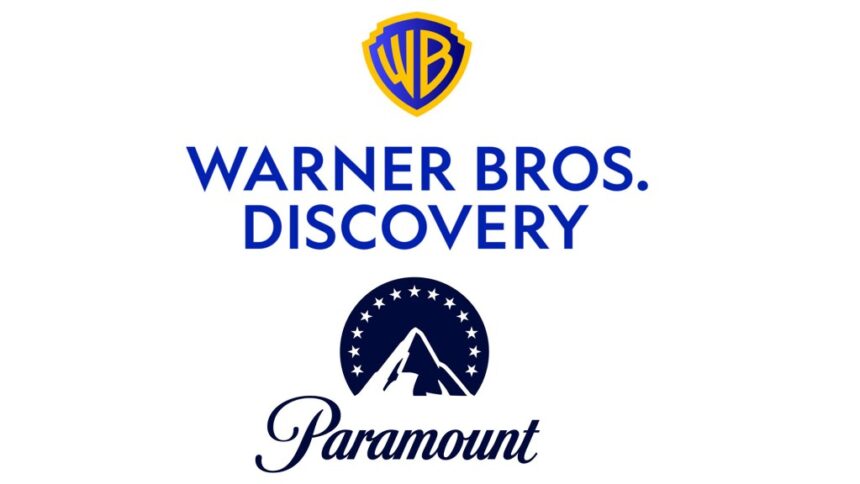Paramount Skydance, following its recent merger, is reportedly exploring the possibility of acquiring Warner Bros. Discovery, indicating a potentially transformative shift in an already dynamic entertainment sector. This speculation comes on the heels of the significant $8.4 billion deal that gave control of Paramount Global to Skydance Media, led by David Ellison, the son of Oracle co-founder Larry Ellison.
The merger was finalized in August, and since then, industry analysts have been keenly watching the newly formed entity for its next moves. Most discussions had centered around Warner Bros. Studios, which is currently undergoing a separation from its global cable networks and linear television. However, emerging reports suggest that Paramount Skydance’s ambitions may extend to acquiring Warner Bros. Discovery in its entirety.
Sources close to Paramount indicate that Larry Ellison has been considering a bid for Warner Bros. for some time, but the current focus appears to be a more detailed evaluation of the situation. An article in the Wall Street Journal confirmed that Paramount Skydance is preparing a cash offer, primarily backed by the Ellison family. This news significantly boosted Warner Bros. Discovery’s stock, with shares climbing over 30% after the report was released.
Despite the excitement, neither Paramount Skydance nor Warner Bros. Discovery has issued any public comments regarding the potential acquisition. However, WBD CEO David Zaslav recently stated that the separation of Warner Bros. from Discovery Global remains on schedule for April, indicating a continued focus on restructuring within the company.
Acquiring Warner Bros. Discovery would likely simplify regulatory hurdles for Paramount Skydance, given that Warner Bros. does not hold any broadcast licenses, meaning Federal Communications Commission approval may not be required. This contrasts starkly with the challenges Skydance faced when negotiating the initial Paramount deal, where concerns about news content and viewer complaints necessitated the hiring of an ombudsman.
However, the prospective merger would likely attract scrutiny from the Department of Justice, as it represents a horizontal merger between two significant legacy studios. This could lead to concerns about reduced competition in the industry, especially given the current political climate where antitrust actions are closely monitored.
The potential joining of these two entertainment powerhouses raises questions about the future landscape of Hollywood, especially in light of ongoing challenges faced by legacy media entities amid rapid technological and consumer behavior changes. The convergence of these well-known brands could shift audience dynamics and reshape strategies for content production and distribution.
As industry watchers anticipate developments, the outcome of these discussions could have far-reaching implications for the entire entertainment ecosystem.







